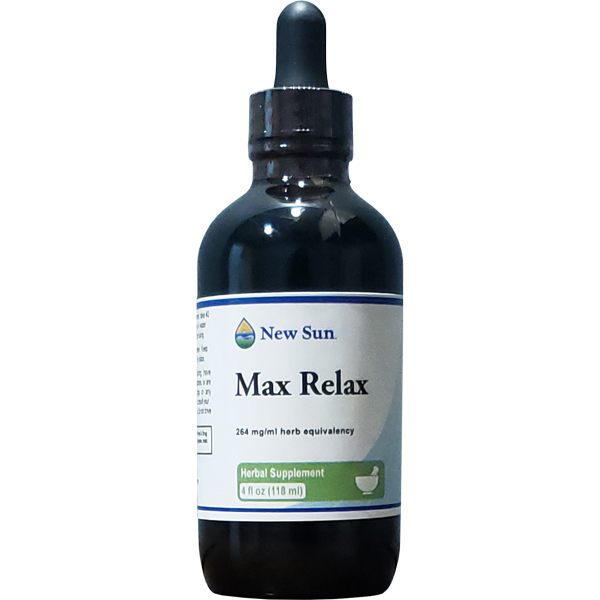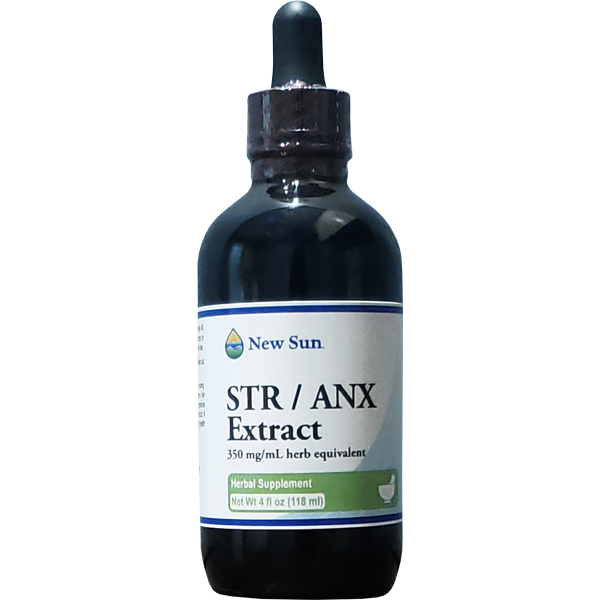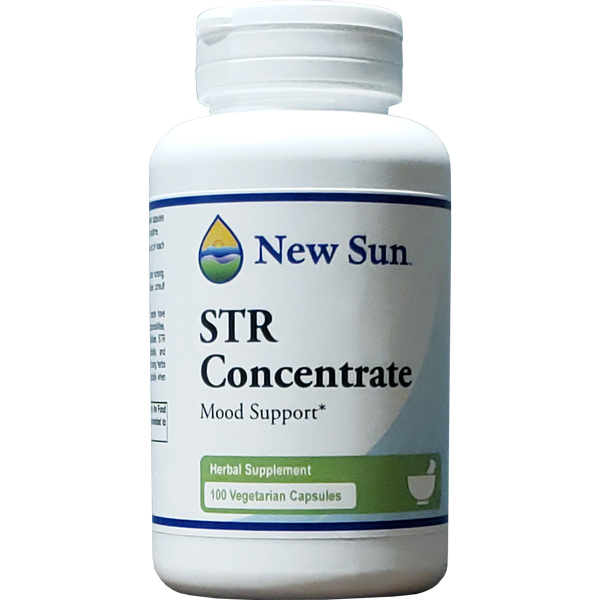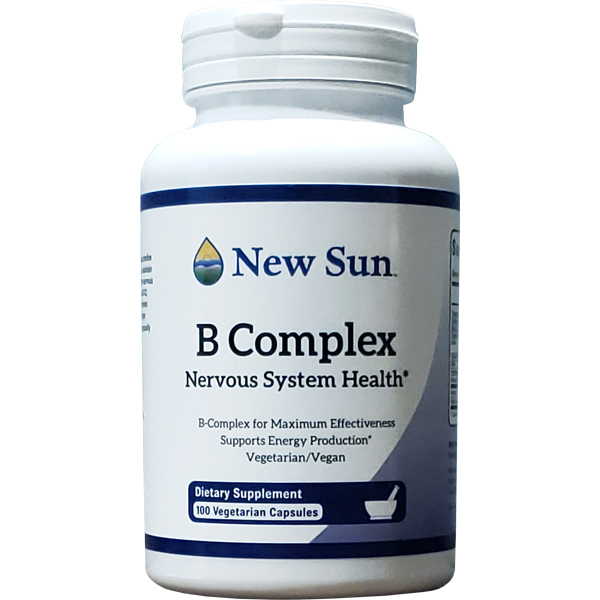 Inflammation is a natural process that helps your body heal when it’s been damaged, but if it becomes chronic, it can be harmful. If you’ve been feeling tired, achy, feverish, or generally unwell for a period of time, you may be experiencing chronic inflammation. You could even have chronic inflammation without experiencing symptoms. But what exactly is inflammation, and how can you prevent it? Read on for answers to commonly asked questions about inflammation.
Inflammation is a natural process that helps your body heal when it’s been damaged, but if it becomes chronic, it can be harmful. If you’ve been feeling tired, achy, feverish, or generally unwell for a period of time, you may be experiencing chronic inflammation. You could even have chronic inflammation without experiencing symptoms. But what exactly is inflammation, and how can you prevent it? Read on for answers to commonly asked questions about inflammation.
What is inflammation, and how can I tell if I have it?
Inflammation is a reaction to an injury or infection in the body. The site of injury or infection becomes reddened, swollen, hot, and often painful; this is the body’s way of signaling the immune system that it needs to heal.
Inflammation can be acute or chronic. Acute inflammation is a localized, short-term response that occurs in the location of the injury or infection. For instance, if you sprain your ankle, it will become red, swollen and hot, and you’re not able to move it easily until it’s healed. When your body experiences localized traumas, chemicals called cytokines are released, which signal to the body that there’s an “emergency,” and immune cells, hormones, and nutrients rush to the site to help heal the damage.
Chronic inflammation can affect the entire body and often has long-term effects. When you don’t get enough sleep, eat unhealthy foods, and are under stress, your immune system is triggered in the same way it would be for acute inflammation — it sends white blood cells to respond to the perceived attack on your body, but because there’s no specific threat to be found, the cells will sometimes instead begin attacking healthy organs and tissues. Symptoms of chronic inflammation can be similar to the flu: fever, chills, loss of appetite, fatigue, and muscle stiffness, or a general feeling of being unwell. Your doctor can conduct blood tests and measure for C-reactive protein to determine if you have chronic inflammation.
What diseases are related to inflammation?
Chronic inflammation has been linked to a host of diseases, including heart disease, diabetes, obesity, cancer, Alzheimer’s disease, blood vessel disease, lupus, stroke, and rheumatoid arthritis. In some diseases, such as arthritis, the immune system triggers an inflammatory response when there are no invaders to fight off. In autoimmune diseases, the immune system begins to cause damage to its own tissues.
How many people are affected by inflammation?
According to the National Center for Biotechnology Information (NCBI), chronic inflammatory diseases are the most significant cause of death in the world, and the World Health Organization (WHO) ranks them as the greatest threat to human health. In 2014, nearly 60% of Americans had at least one chronic condition, 42% had more than one, and 12% of adults had five or more chronic conditions.
What contributes to inflammation, and how can I avoid it?
A person’s lifestyle, environmental exposure to toxins, parasites and other poisons, and a diet heavy in unhealthy fats and added sugar can all contribute to chronic inflammation, as well as older age, obesity, smoking, stress, and poor sleep.
The good news is, you can control many of the factors that contribute to chronic inflammation!
Get plenty of rest, exercise regularly, maintain a healthy weight, control your blood sugar, and manage stress. In the spring and fall, cleanse your body of toxins, parasites, and other harmful elements.
The foods you eat and supplements you take can play a critical role in avoiding or reducing inflammation. Eat plenty of fresh, organic fruits and veggies, and consume more fish and healthy fats, such as Omega-3. Balancing alkalinity and acidity in your body is crucial. The average American diet consists of 80% acid-forming foods. This diet robs the body of electrolyte minerals, depleting the weakest organs first. When all areas have become depleted, the immune system is compromised, and the body’s ability to fight off bacterial and viral infections is weakened. Thus, an acid environment feeds disease in the body.
Your diet should be 80% alkaline and 20% acid. We have a helpful chart that lists alkaline and acidic foods — download it now, and use it to make healthy food choices that will help you avoid or reduce inflammation in your body.
When diet is not sufficient in reducing or avoiding inflammation, take natural supplements that have no side effects to aid in alkalizing the body. Some good ones are Apple Cider Vinegar, Life Source, and MSM. Use only high-quality supplements that are free of chemicals, preservatives, fillers and artificial dyes.
Still have questions about inflammation? We’re always happy to provide a free, no-obligation consultation! Just call us at 1-800-544-0777, and we’ll be happy to talk to you about the ways you can prevent inflammation in your body!




